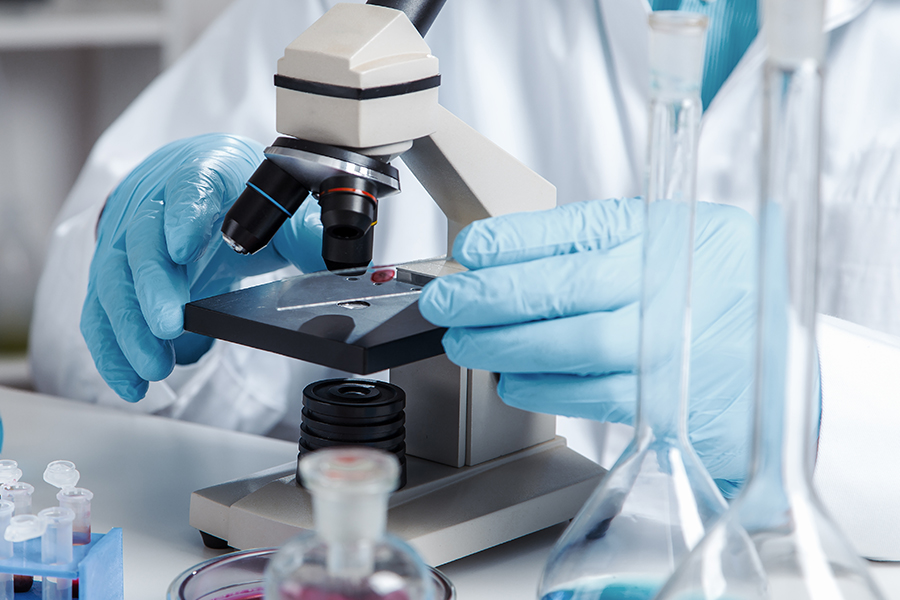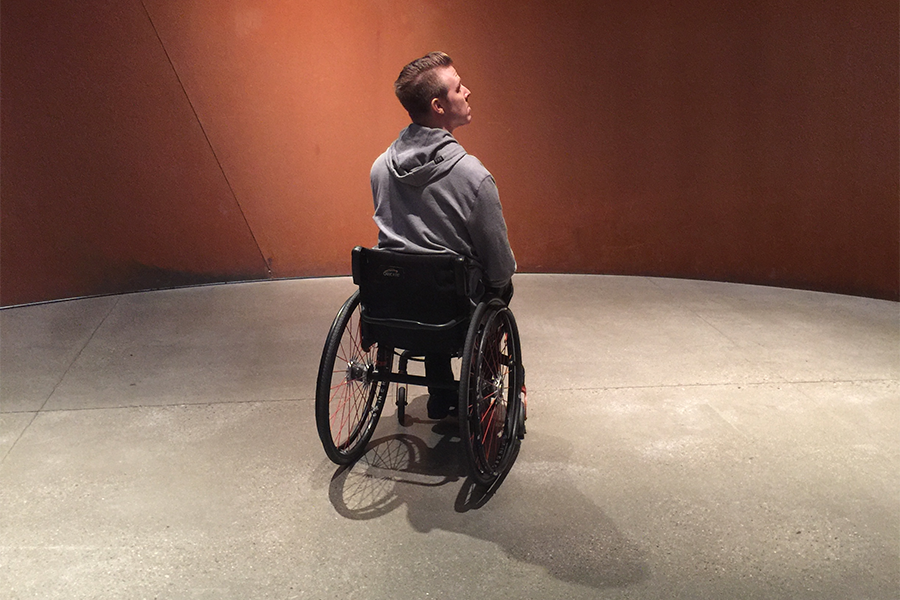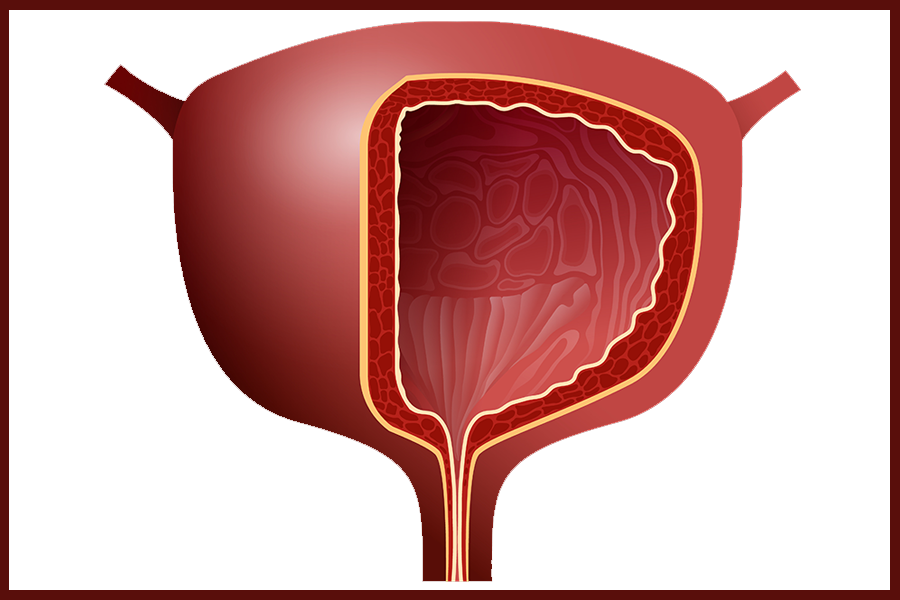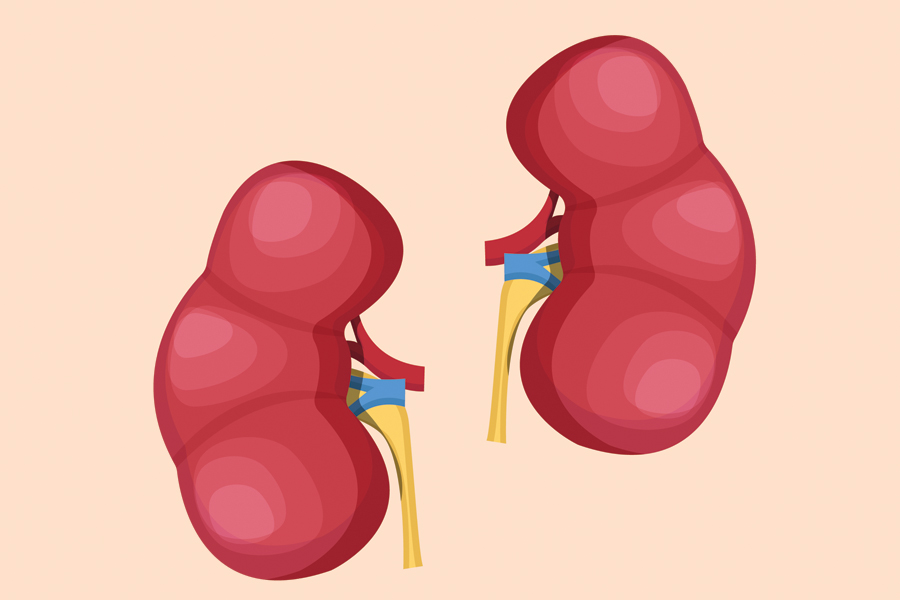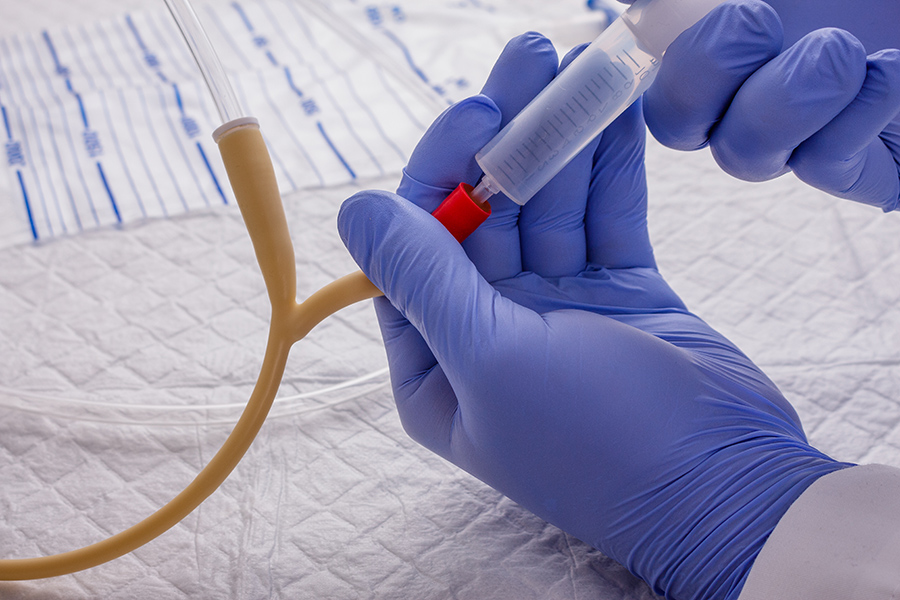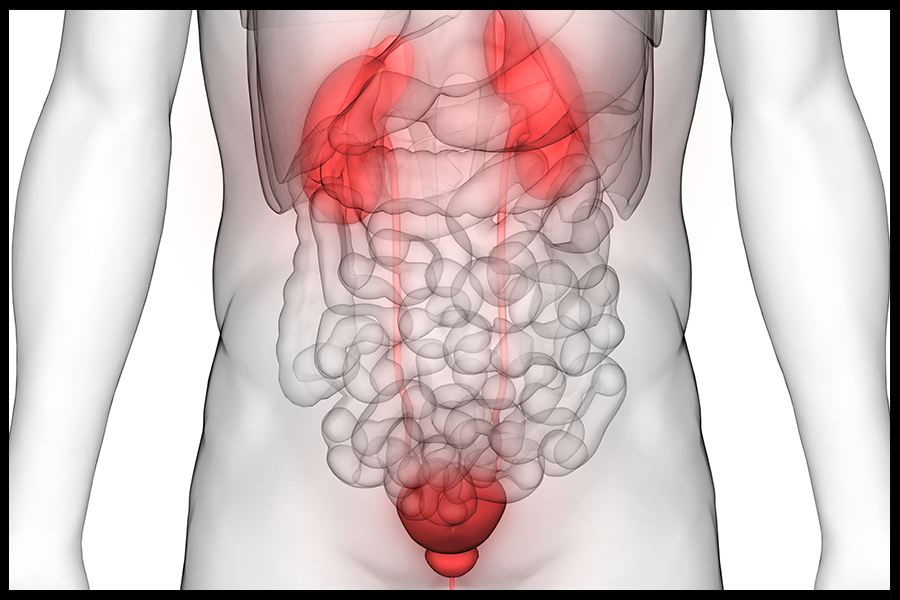Researchers Identify Inhibitor That Overcomes Drug Resistance in Prostate Cancer – published in Science Daily. Source:H. Lee Moffitt Cancer Center & Research Institute
Prostate cancer is the third most common cause of cancer-related death in men in the United States. It is estimated that 161,360 men will be diagnosed and more than 26,700 men will die from the disease in this year. The majority of these deaths are caused by prostate cancer that becomes resistant to initial therapy and spreads to other sites, called metastatic castration-resistant prostate cancer. In a study published in Cancer Cell, Moffitt Cancer Center researchers report that a newly discovered epigenetic mechanism can lead to the development of castration-resistant prostate cancer. They identified a novel drug that targets this epigenetic mechanism and may be able to combat the deadly form of the disease.
Uncontrolled activity of male hormones, called androgens, contributes to the development of prostate cancer. One of the primary ways doctors treat prostate cancer is by inhibiting the activity of androgens by either surgically removing the testicles or with drugs that decrease androgen levels or activity. Unfortunately, even though most patients have early success with anti-androgen treatments, many patients eventually develop metastatic castration-resistant prostate cancer within two to three years. Castration-resistant prostate cancer is more difficult to treat and cure because scientists are unsure how it develops resistance to anti-androgen therapies.
“Undoubtedly, the foremost reason for transient effectiveness of the androgen deprivation therapy is a poor understanding of the molecular mechanisms driving progression to castration-resistant prostate cancer, which in turn has hampered development of new therapeutics,” explained Nupam P. Mahajan, PhD, associate member of the Chemical Biology and Molecular Medicine Program at Moffitt.
The Moffitt team performed an extensive set of experiments in prostate tumor cells and mice. They discovered a protein, called ACK1, also known as TNK2 that activates a pathway that causes the DNA-bound proteins called histones to undergo a type of modification called epigenetic modification. This modification was specifically accomplished by androgen receptor protein with the help of ACK1 around the region of the androgen receptor gene! This results in high levels and activity of the androgen receptor even when prostate cancer cells have been treated with anti-androgen therapy.






